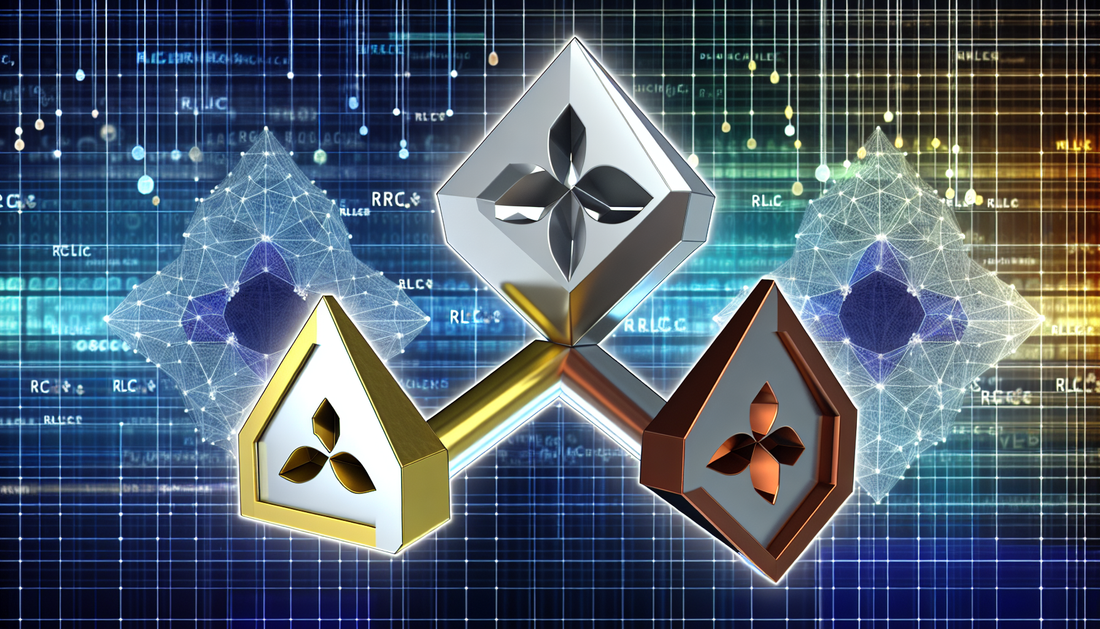
RLC vs Rivals: Who Dominates Decentralized Computing?
Share
RLC vs Its Rivals: A Competitive Analysis
RLC, the native token of the iExec decentralized cloud computing platform, competes in a rapidly growing space where decentralized computing solutions are being explored by an increasing number of projects. However, how does RLC compare against its more established rivals which offer similar services, such as Filecoin (FIL) and Golem (GNT)?
Decentralized Computing: RLC vs Golem
Both RLC and Golem are focused on providing decentralized computing power to users looking for scalable, peer-to-peer solutions. However, one of the main differences lies in their approach. RLC works through iExec, which focuses on providing cloud computing by leveraging its decentralized marketplace for cloud services, while Golem is more narrowly focused on providing a decentralized network for computational tasks, such as rendering and machine learning.
In terms of flexibility, RLC might have an edge due to the iExec platform's ability to provide different decentralized services for various industries (including healthcare, finance, and AI). Golem’s application, while powerful, is more specialized, which many see as both an advantage and a limitation. However, Golem has established itself as a simpler network for users focused specifically on computational tasks. RLC’s broader use cases might appeal more to enterprises, whereas Golem’s simplicity may be more attractive to individual developers.
RLC vs Filecoin
While RLC and Filecoin both operate in decentralized web services, they serve different purposes. Filecoin (FIL) focuses on decentralized storage solutions rather than computing, positioning itself as a decentralized alternative to cloud storage solutions like Dropbox and Google Drive. RLC, on the other hand, focuses on computational power allocation instead of storage capacity.
RLC may appeal more to users looking for blockchain-based dApps that need computational power, while Filecoin is a better option for those in need of a decentralized, scalable cloud storage solution. Essentially, comparing these two technology stacks shows little overlap in their services but highlights an area where both solutions offer complementary services rather than direct competition, given the needs of specific decentralized projects.
Development Ecosystems
RLC’s ecosystem through iExec offers developers access to decentralized cloud computing, data marketplace services, and secure enclaves. Golem builders are limited mainly to computational power; however, some see this as favorable for developers focused on specific, resource-intensive tasks over a broader use case. Though Filecoin doesn't compete directly with RLC in computing, it is important to consider how it integrates decentralized data storing, an offering that can be combined with computing in cutting-edge decentralized applications. Both RLC and its rivals offer their unique utility and cater to different segments within the expanding decentralized service landscape.
